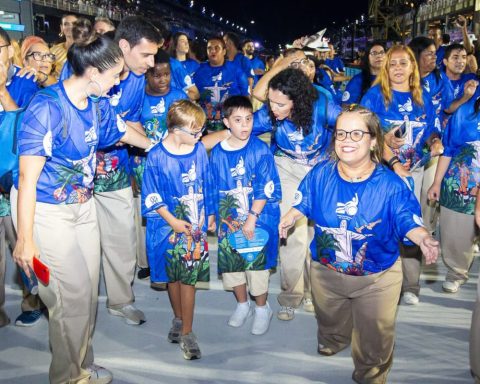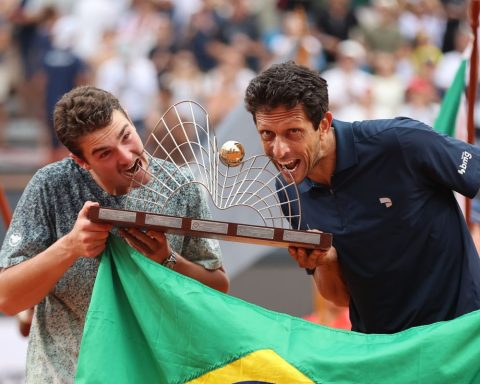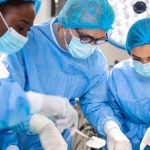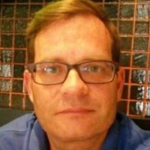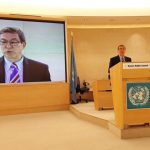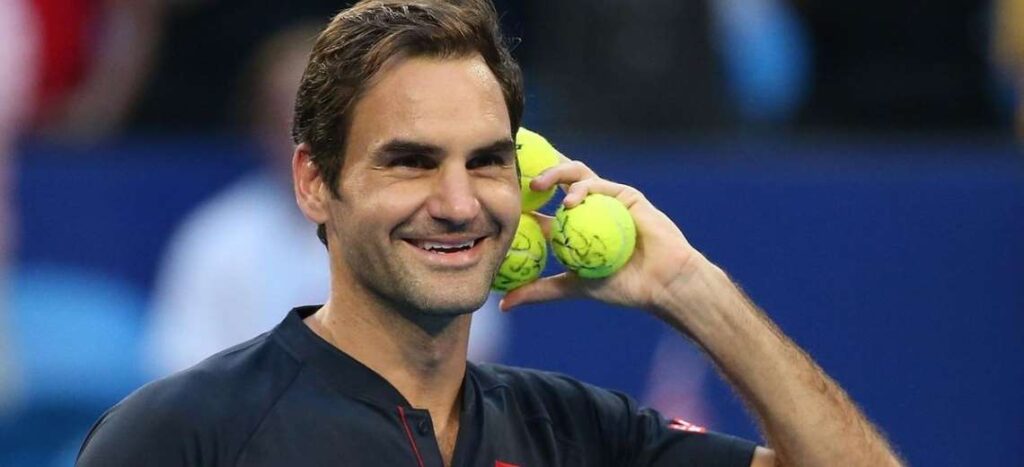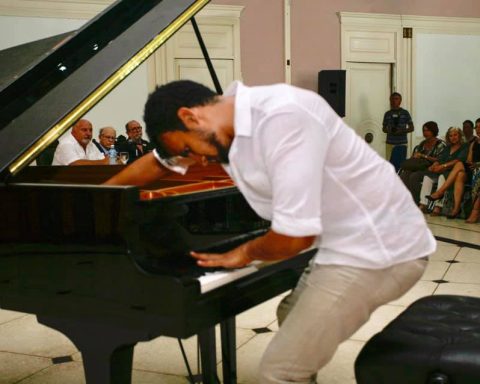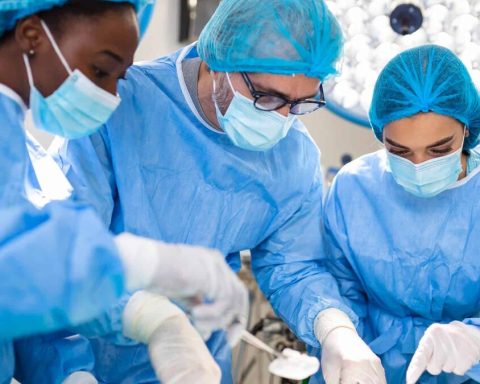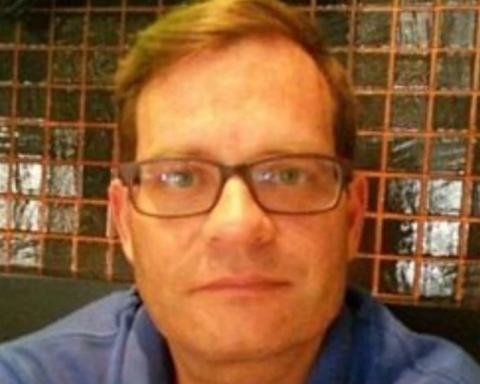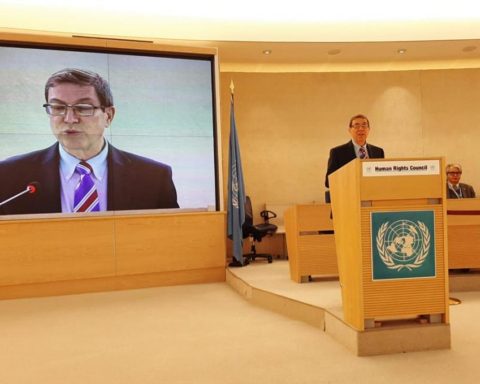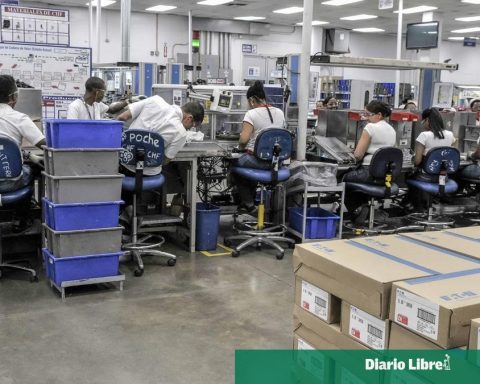The Coral Vivo, Guapiaçu, Meros do Brasil and Uçá Projects, sponsored by the Petrobras Socio-environmental Program, held today (11) the first edition of Clean Up Bay – Guanabara Bay Cleaning Day.
Promoted by the Águas da Guanabara Conservation Network (Redagua), the event took place at José Bonifácio Beach, on Paquetá Island; Praia da Bica, on Ilha do Governador; and at Praia das Pedrinhas, in São Gonçalo.
The objective of cleaning the beaches of Guanabara Bay is to make the population of Rio de Janeiro aware of the consequences of inappropriate waste disposal in the ocean.
Volunteers worked on the three beaches collecting incorrectly discarded garbage. The action is divided into two parts: collection and sorting, when the material collected will be classified, registered and weighed.
The young Rafael Marassi, 16 years old, who is part of the Non-Governmental Organization (NGO) Onda Verde, was at Pedrinhas beach and highlighted the importance of the event. “The project is really necessary for cleaning up the ocean, due to the large amount of garbage thrown into the sea.” He was amazed at how much garbage was collected in less than an hour. “We collected an insulin syringe, a blood sample, lots of condoms and lots of plastic bottles,” he said.
The event is part of the Environment Month and is part of the Rio2030 calendar, composed of a series of sustainable education actions with the objective of raising awareness among the population of Rio de Janeiro. Two other countries also participate in the first edition of Clean Up Bay: Argentina and Mozambique.
The president of the NGO Guardians of the Sea, Pedro Belga, said that “Guanabara Bay suffers different impacts every day, but there are many dreamers who work hard to see it clean. That’s why we brought together volunteers, organized civil society and residents of the region who want to see the good of Guanabara Bay”.
On Paquetá Island, 46 kilos (kg) of polluting waste were collected, including plastic bottles and various types of waste. At Bica beach, on Ilha do Governador, there were 23 kg of waste, in addition to 1,368 cigarette butts, 194 plastic straws, 367 cotton swabs and 622 plastic bottle caps. In São Gonçalo, the volunteers collected a total of 450 kg of solid pollutants.




